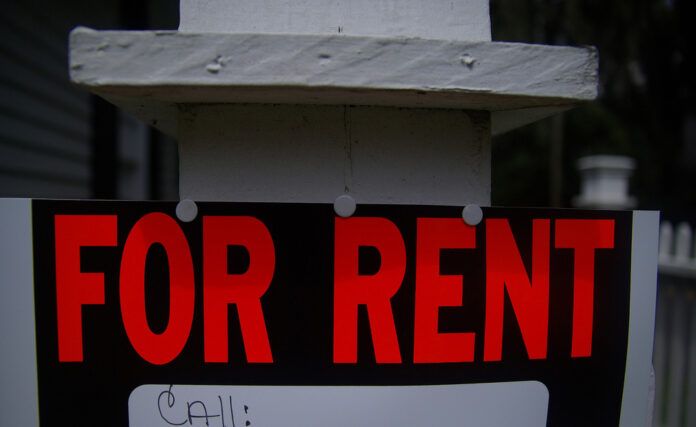Nelson city council has been told there is strong community support for a municipal housing entity.
The Greater Nelson Housing Entity Study, orchestrated by Nelson and Area Economic Development Partnership and funded in partnership by the city and RDCK, has been investigating the impact of the current local housing market on the local economy and local labour market.
The three-phase study has so far shown strong support for a municipal housing entity and has identified potential strategies, unique barriers, and funding opportunities for the city to explore.
Housing and specifically workforce housing, has been a priority of the NAEDP since 2020. Last fall they launched the first of the three phases which saw the NAEDP and consultants assessing if a housing entity would be supported, beneficial to the local economy, and possible in the community.
Two consultants with M’akola Development Services were brought on to assist in the study.
Phase one results were presented to council in April. It showed strong support from local employers from both an economic and hiring perspective, but also identified that Nelson would need to develop a unique housing model to fit the needs of the community.
They recommended the city and RDCK investigate the potential to develop and offer one in the community and identify barriers that could be removed to allow for it.
Jenna Hildebrand with M’akola consulting explained that phase two explored legal structures, financial models and entity governance.
“The focus of phase two was to generate educated feedback and input on phase one’s results from the city, the RDCK, the NAEDP and other relevant housing organizations and committees. We wanted to learn more about how the different groups thought that the entity should be governed, funded and operated.”
They made recommendations to council, both long-term and immediate.
For the short term, the city and RDCK are encouraged to work to identify suitable land for affordable housing projects, create partnerships with non-profit organizations, investigate funding avenues to take advantage of available funding opportunities and speed up construction.
In the long-term, the group suggested creating a municipal housing corporation.
Hildebrand explained the corporation would work with existing community operators and gain their knowledge, manage land and assets for future housing projects, and secure funding, which she says is an easier process for a municipal corporation
“The goal of this corporation would be to develop and service land to build non -market affordable housing, looking for support from senior government funders and partnering with existing community operators,” explained Hildebrand.
“A municipal corporation has much more flexibility and borrowing capabilities, unlike a municipality that is subject to the municipal liabilities regulation. There’s also flexibility around partnerships, so the corporation can enter into a wide range of partnerships and agreements, including creative land swaps, private sector partnerships, as well as land acquisition opportunities. There’s much more kind of flexibility in this model.”
She says phase three will include public engagement and work towards developing realistic strategies, locations and funding to support low-income local housing entity projects.





